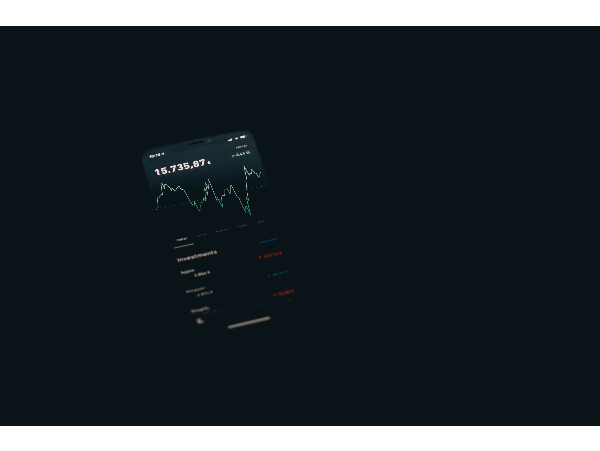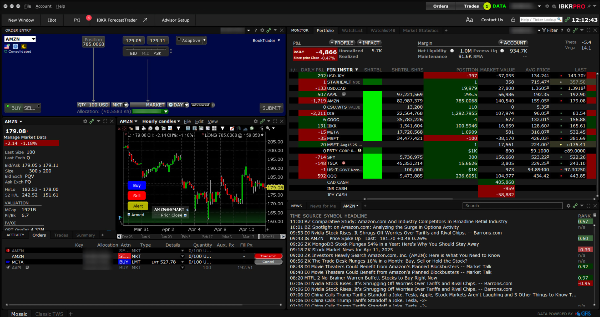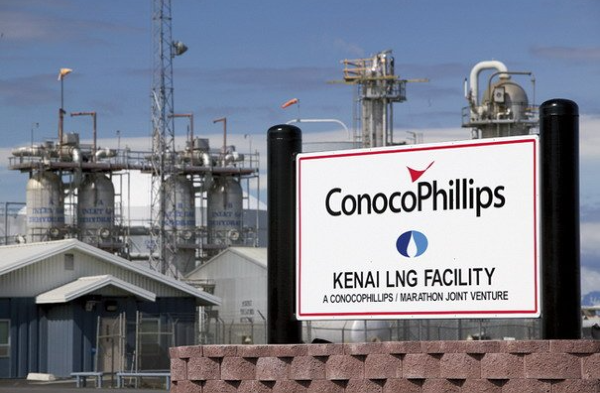Sound investments
don't happen alone
Find your crew, build teams, compete in VS MODE, and identify investment trends in our evergrowing investment ecosystem. You aren't on an island anymore, and our community is here to help you make informed decisions in a complex world.






























The immediate effect of a dividend payment on a stock's share price is typically a decrease roughly equal to the dividend amount per share. This adjustment occurs on the ex-dividend date because the company's assets are reduced by the cash distributed to shareholders, and new buyers are no longer entitled to that specific dividend. Essentially, the market price adjusts to reflect the fact that the stock is now trading without the value of the imminent dividend factored in. This price drop is a standard market mechanism that aims for efficiency and fairness among buyers and sellers.
This price adjustment happens because, on the ex-dividend date, the stock begins trading "ex-dividend," meaning its quoted price no longer includes the right to receive the upcoming dividend. Investors who purchase the stock on or after this date will not be on the company's record by the record date and therefore will not receive the declared dividend. The market anticipates this, and the decrease in share price on the ex-dividend date reflects the removal of this dividend value from the stock's price. This ensures that new buyers are not overpaying for a benefit they will not receive.
However, it's important to note that the actual price movement on the ex-dividend date might not always precisely match the dividend amount due to broader market forces and investor sentiment. Factors such as positive company news, overall bullish market conditions, or strong demand for the stock could potentially offset some or all of the expected price decrease. Conversely, negative news or bearish sentiment could exacerbate the downward pressure. While the immediate impact is usually a price drop, the stock's subsequent performance will be determined by a complex interplay of these various market influences, with long-term value and total return (dividends plus capital appreciation) being key considerations for investors.
Finally, while the typical price decrease on the ex-dividend date might seem like a loss, it's crucial to understand that for shareholders who owned the stock before this date, the dividend payment itself compensates for this price adjustment. Therefore, it's not necessarily a guaranteed loss for existing shareholders. Investors should focus on the fundamental health and future prospects of the company rather than being overly concerned with short-term price fluctuations around dividend dates. Ultimately, dividends represent a return of capital to shareholders, and the corresponding share price adjustment reflects this distribution of the company's value.